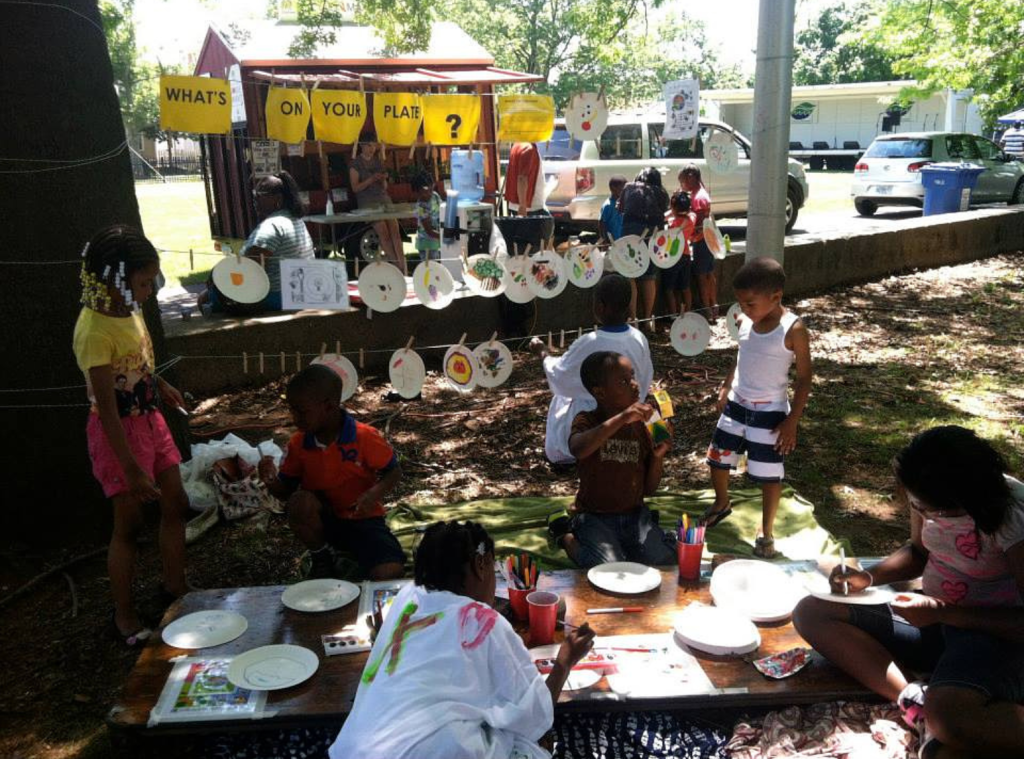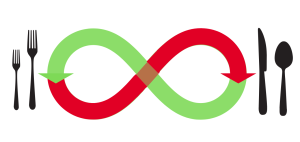Experience the joy of cooking
while promoting health and wellness.
Welcome to Master Cooks Corps
Where we specialize in empowering community leaders, food enthusiasts, educators, parents, and volunteers to help their community through our comprehensive train-the-trainer program. Healthy food should be accessible to everyone. Our program will teach you how to prepare nutritious and delicious meals using local ingredients and simple recipes.
You’ll also learn how to facilitate classes for people in your community. Our mission is to equip individuals with the skills and knowledge necessary to teach their communities how to make healthy food. Through our program, so we are confident that you can inspire change in your community by helping others eat and live healthier.
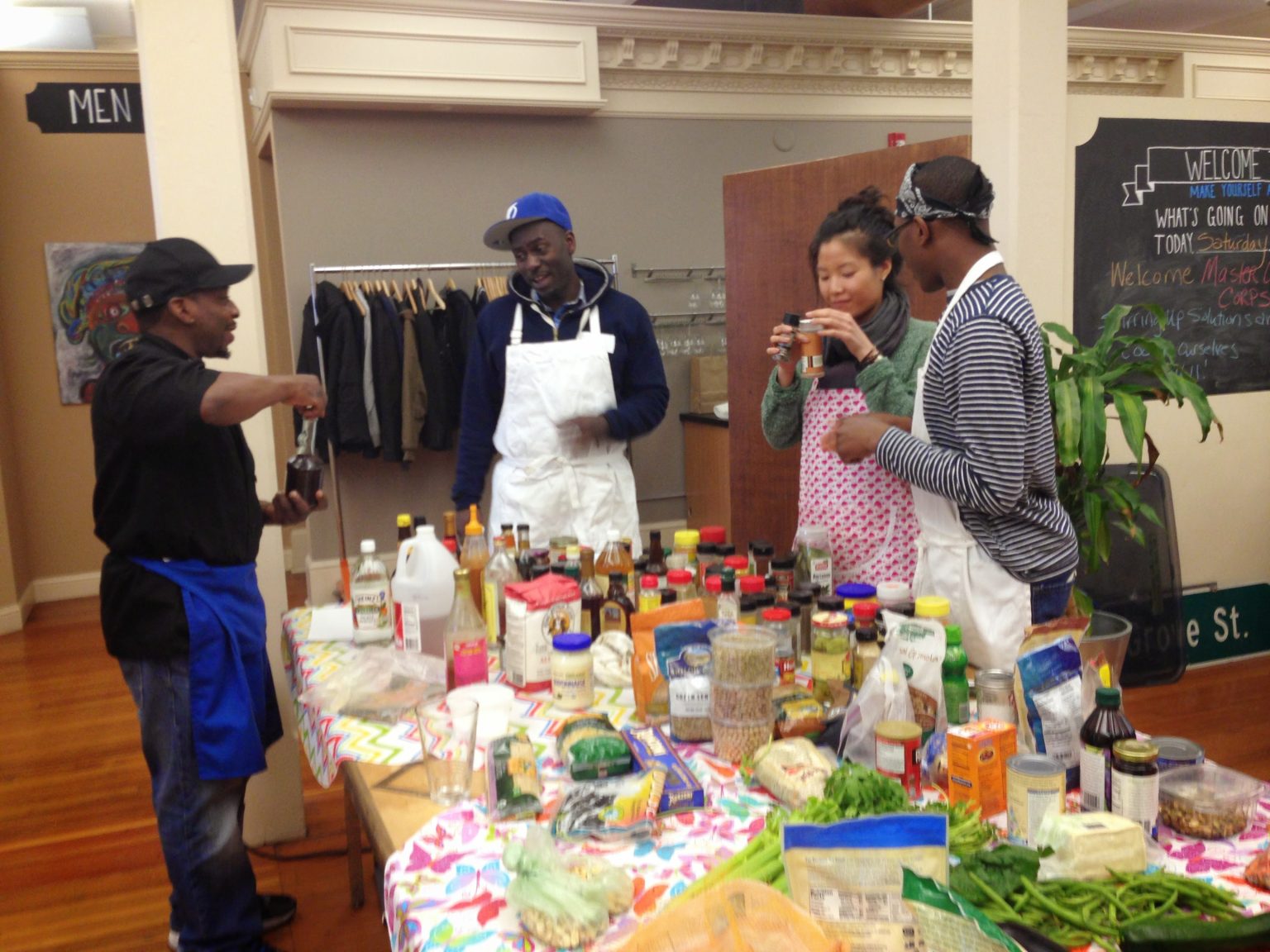
Understand the life cycle of food,
from farm to fork
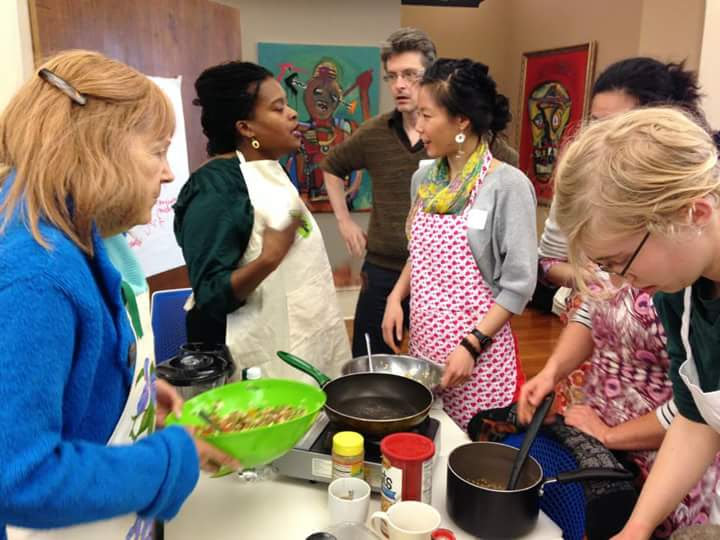
Understand the link between diet and health; how do our dietary decisions affect our bodies
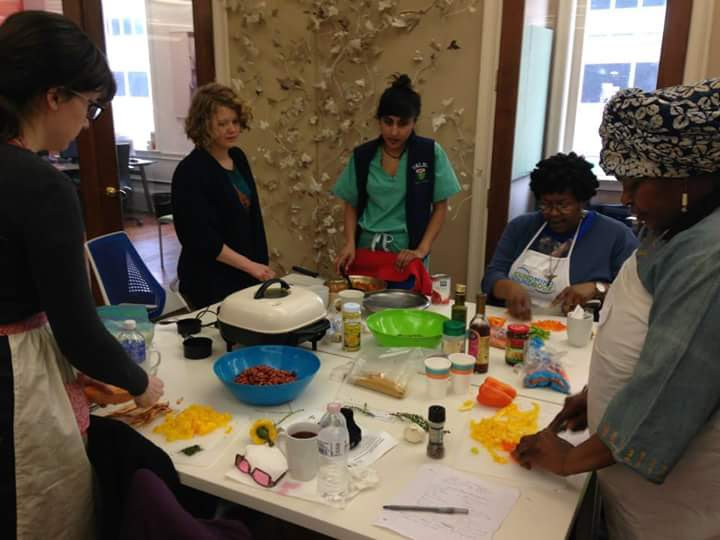
Understand how communities celebrate, make a living, and nourish themselves with food
In addition to taking basic foods and showing the various ways to prepare them,
the program incorporates three crucial elements:
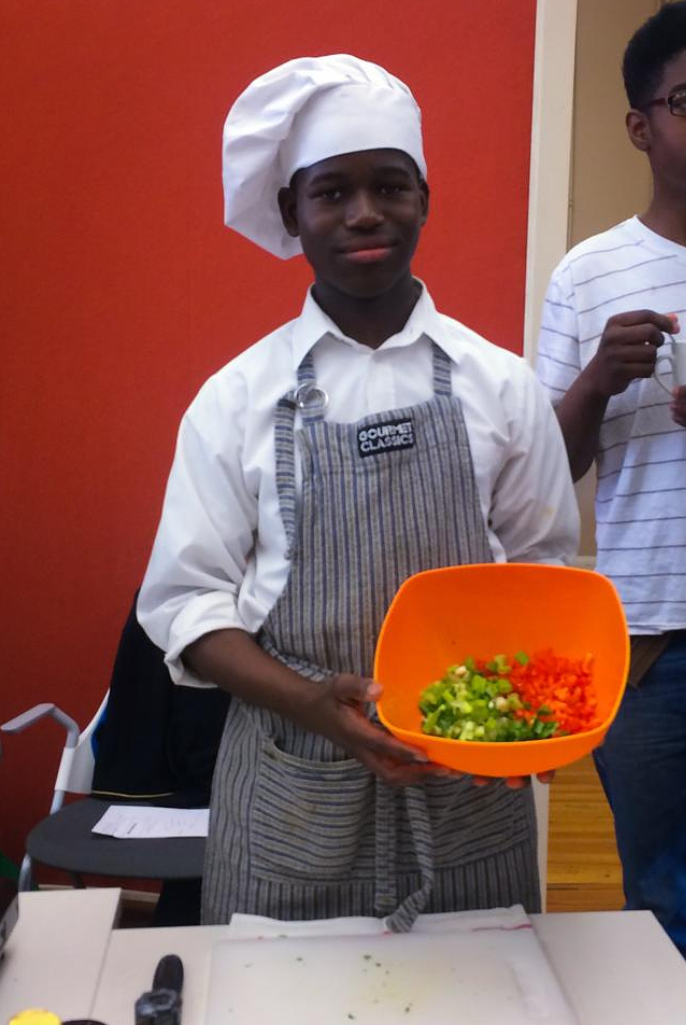

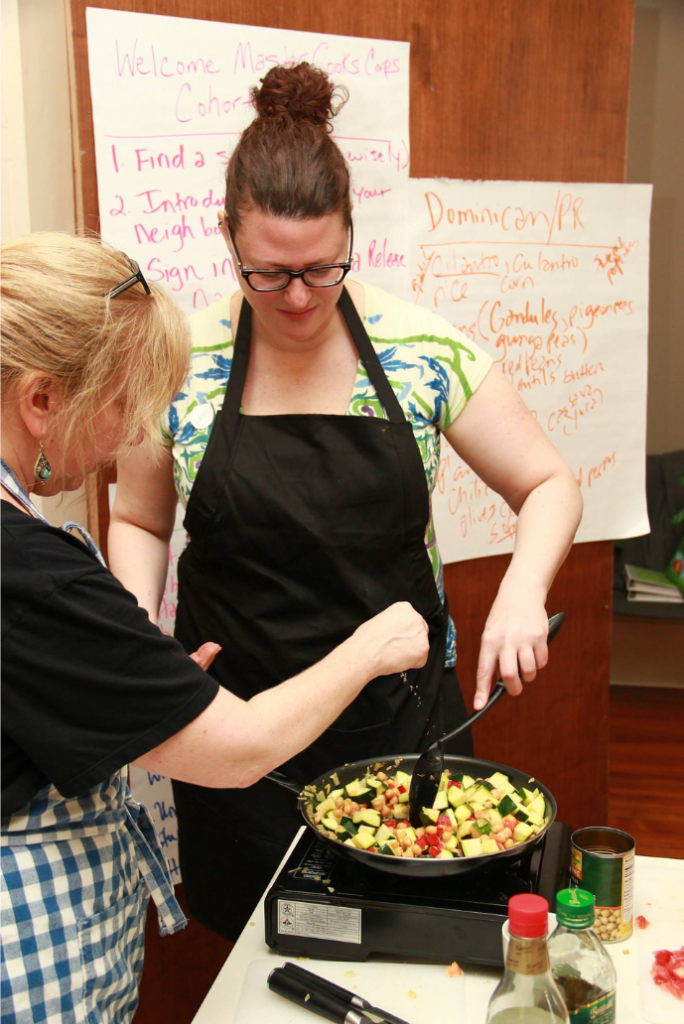
Cooking is more than just a way to feed your family. It’s an act of love, and it’s the way we connect with each other in our community.
Serena's Success Story
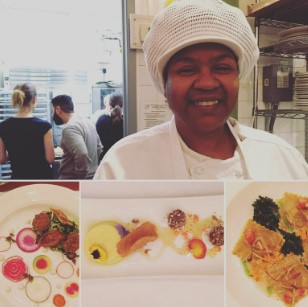
Serena Spruill was an incredible human being who made a lasting impact on her community through her passion for food, cooking, and healing. Her love for nutritious and locally sourced ingredients shone through in all that she did. She was a Master Cook Corps success story and a testament to the transformative power of the program. Serena came to the program as one of those unsung heroes who had participated in some of the city’s maverick food justice movements. She was part of the inaugural group of citizens to start the first farmers market in New Haven over 20 years ago, and she was also part of organizing the first community garden.
In 1980, Serena became a vegetarian and then a vegan after stumbling upon the vegetarian coop and thinking it would be good for her health. She was a mother of five and a former wife who had faced many challenges, including dealing with depression and schizophrenia after her divorce. She led groups and workshops around recipes where clients got a bag of the ingredients of what they had cooked in class. Her confidence grew, and she graduated from The Natural Gourmet Institute, studying raw, vegan, and plant-based food preparation.
She became a regular on local television, sharing her passion for food and teaching with her vibrant smile. Serena’s personality was infectious as she spread her knowledge for healthy eating with the mental health community and beyond. Serena Spruill was an inspiration to us all. Her story is a testament to the transformative power of cooking and how it can be used as a tool for healing and community building.
She attributed her courage and motivation to the mentorship, facilitation, and guidance of the Master Cook Corps program. Her impact on the mental health community in New Haven was immeasurable. For over a decade, she provided peer support services within the Mental Health Division at CMHC, studying nursing and working for Fair Haven Community Health Center, providing skilled private-duty nursing.
Serena’s culinary journey had only just begun, and we can only imagine where it would have taken her had she still been with us. She will always be remembered for her infectious smile, her love of cooking, and her unwavering dedication to her community. We are grateful to have had the opportunity to know and work with her, and we will continue to honor her legacy by inspiring and coaching the next round of community culinary instructors ready to whip up solutions for overall wellness in the spaces they live.
Serana used food as a tool to help her in her healing process and became a Peer Support Specialist, helping to cook nutritious food for clients in the cafeteria to help rid their diet of processed food and cook meals that were healthy and local.
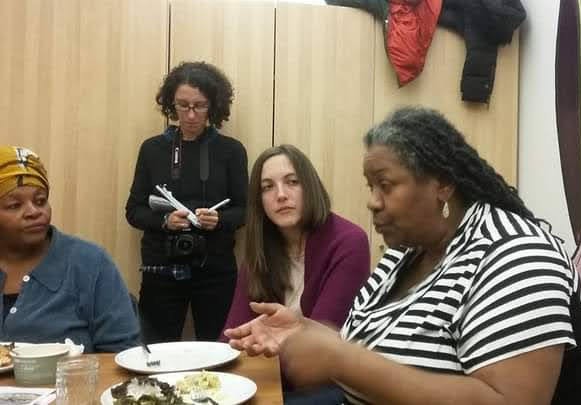
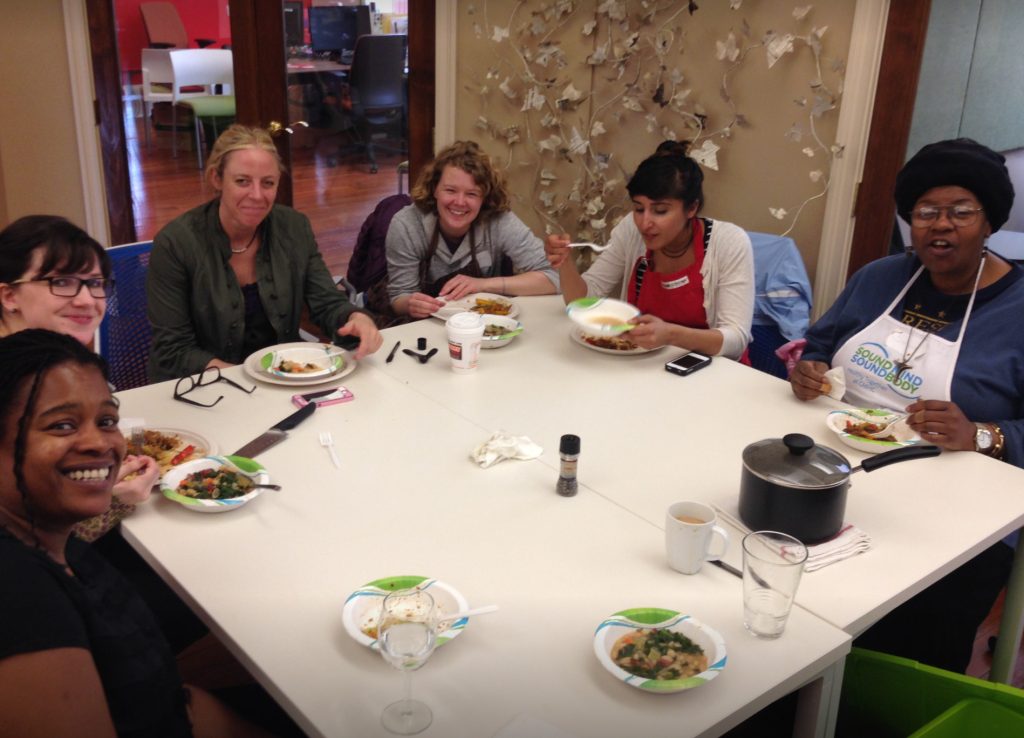
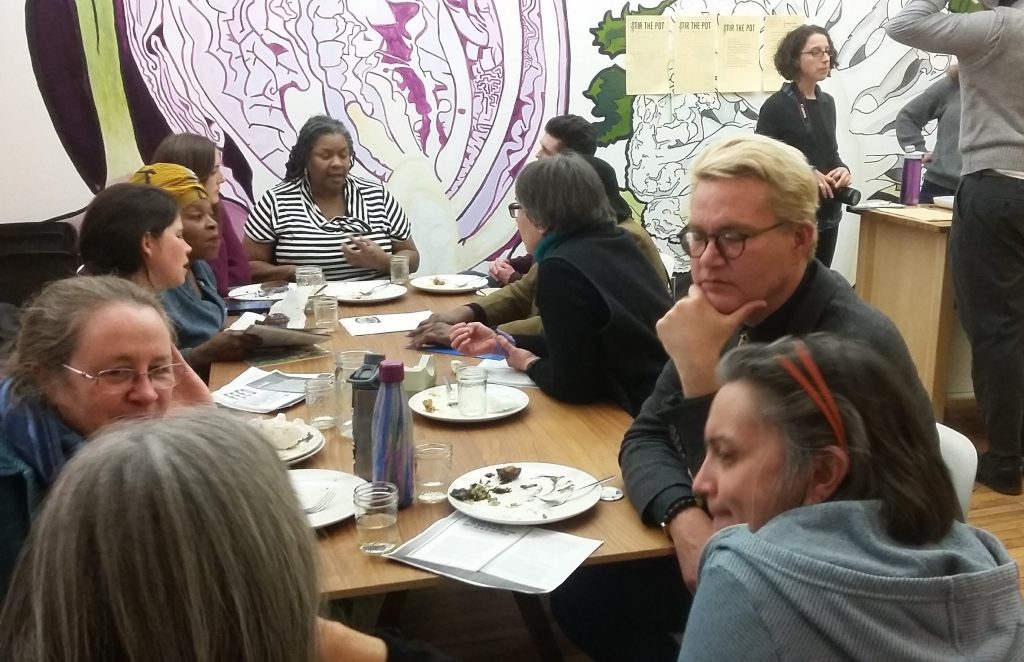
For one believe that if you give people a thorough understanding of what confronts them and the basic causes that produce it, they'll create their own program, and when the people create a program, you get action.
-Malcolm X
The Logistics
We see a tremendous opportunity to promote culturally relevant cooking as a way to improve health outcomes. In a world that prioritizes speed and convenience, many people lack the knowledge and skills necessary to cook and garden. As a result, the food we consume can feel foreign and intimidating, leading us to rely on prescription medications rather than considering the role that nutrition plays in our well-being.
We firmly believe that fresh, whole foods are the key to reclaiming and sustaining our health. By prioritizing culturally relevant cooking and emphasizing the beauty and simplicity of real, honest food, we can empower individuals to make healthier choices for themselves and their families. While it’s no secret that we should all eat better, what many people don’t know is how to do so in a way that is both accessible and enjoyable. Through education and resources focused on culturally relevant cooking, we can bridge the gap between farm and fork and provide individuals with the knowledge and skills they need to take control of their health and well-being.
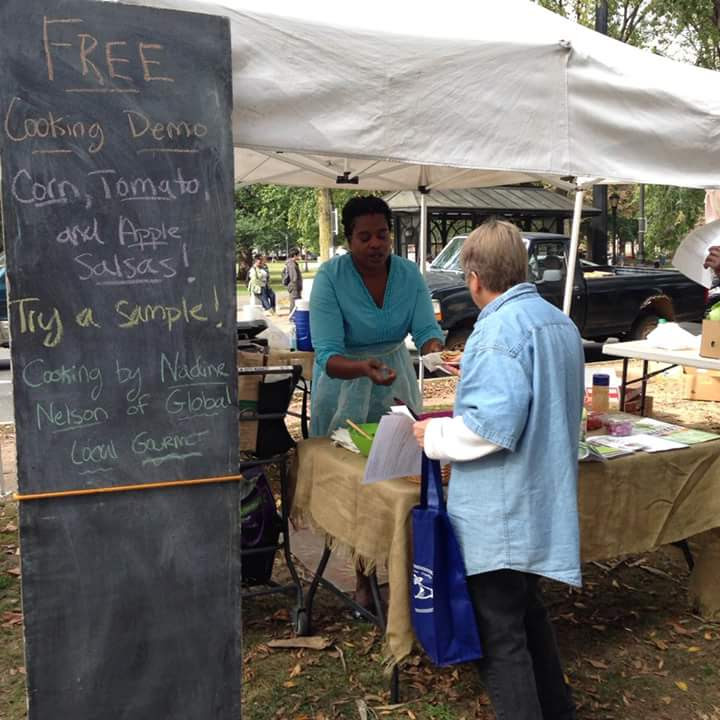
This first-of-its-kind initiative educates and equips participants with the tools, knowledge, and hands-on experience necessary to prevent and address nutrition-related health conditions with culturally affirming considerations.
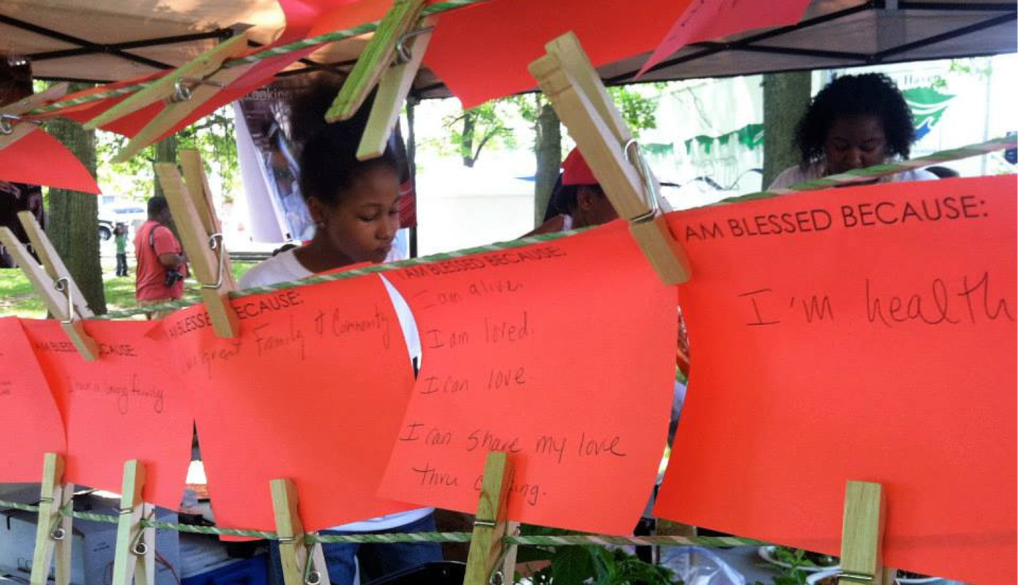
In addition, the Master Cooks Corps Program has closed the gap in nutrition training and education research among students, healthcare professionals, and community members to ultimately lower rates of obesity and nutrition-related chronic diseases.
Over the last decade, we have recognized the importance of culturally relevant and tailored nutrition education to combat chronic health issues such as obesity, diabetes, cardiovascular disease, and stroke. Our multifaceted curriculum is designed to meet the needs of healthcare students and professionals, as well as the general public. We believe that by equipping individuals with culturally relevant knowledge and skills, we can effectively prevent and address nutrition-related health conditions.
